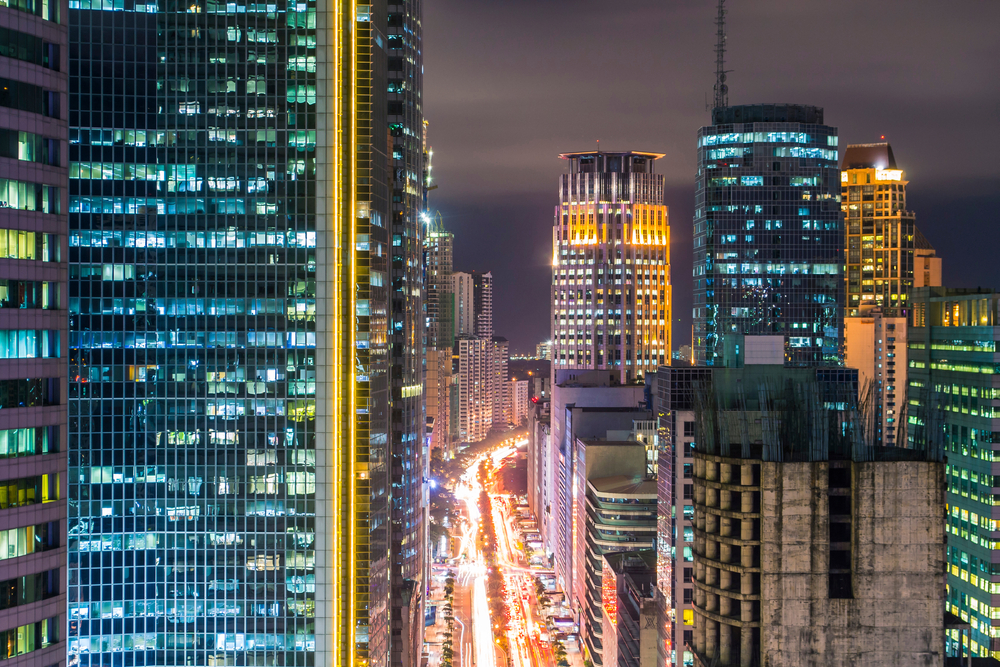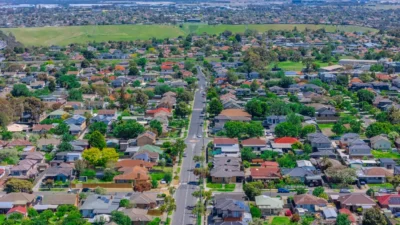Philippines on the property ladder: Rising investments and dynamic developments
From Millennials to multinationals, a new era of property investment unfolds

In the Philippine real estate landscape, a new phenomenon is taking root: ‘revenge investing’. As reported by Colliers Philippines on Business World, this trend is fuelled by young and millennial workforces alongside affluent investors. Unlike the earlier trends of revenge spending and travel observed in 2022 and 2023, revenge investing showcases a robust inclination towards property acquisition, driven by both personal use and investment opportunities.
Yet, this wave of investments is not only confined to residential purposes. Many young buyers are considering these properties as potential sources of passive income, attracted by the blend of lifestyle features such as live-work-play-shop environments and the proximity to public infrastructure. Colliers Philippines foresees this trend persisting, especially considering the limited investment options in the country, with a keen eye on properties offering strong rental prospects and appreciation potential.
The Philippine economy’s resilience is a cornerstone of this real estate surge. Despite global challenges, such as soaring commodity prices and geopolitical headwinds, the nation stands as one of Asia’s fastest-growing economies. This growth is underpinned by strong macroeconomic fundamentals, notably resilient personal consumption, and private investments.
Complementing this domestic growth, the Philippines is attracting considerable foreign direct investments (FDIs). As per the Philippines News Agency, from January to October 2023, the country saw net FDIs amounting to USD6.5 billion, with significant contributions in manufacturing, real estate, and financial sectors. These investments primarily originated from Germany, Japan, Singapore, and the United States. HSBC Economist Aris Dacanay attributes this influx to the administration’s investor-friendly policies, particularly those encouraging foreign ownership in real estate projects.
Leading industry players who have earned their recognitions at the PropertyGuru Philippines Property Awards gala in 2023, namely Best Developer Robinsons Land; Best Industrial Developer Aboitiz InfraCapital Economic Estates; and Best Mixed Use Developer Federal Land, Inc. reflect the dynamism and potential of the Philippine real estate market, demonstrating how both local and international forces are shaping its future.
The real estate market’s evolution is further evidenced in the branded residences sector, as noted in the C9 Hotelworks Branded Residences Market Review Philippines report. Metro Manila, accounting for 43 percent of upcoming projects, is a key player in this segment, expected to expand by 62 percent with over 2,300 new units. This growth mirrors broader lifestyle changes post-pandemic, with developers increasingly focusing on smaller, more efficient unit sizes and mixed-use developments. This strategy appeals to consumers seeking premium branded products at various price points.
Amidst this burgeoning market, Mr. Jaime A. Cura, Vice-Chairman of The RGV Group of Companies and a member of the PropertyGuru Philippines Property Awards Judging Panel, offers valuable insights for new investors. He suggests riding the trends that favour liberalisation towards foreign investments, particularly in science-based and technology-driven sectors. This approach would facilitate entry into competitive business sectors and stimulate growth.
He also advised to “take part in the development of globally-oriented tourism destinations that require modern facilities and amenities to attract visits to Philippine home-grown and indigenous cultural and ecological attractions, as well as emerging major agri-tourism showcases. Particular areas of interest are hospitality, leisure, and gaming.”
Investing in large corporate groups involved in agricultural development is another strategy he proposes. These corporations are working towards national food sufficiency and affordability, creating opportunities for investments in large-scale farming infrastructure.
Finally, he encourages playing the securities market, specifically in real estate investment trusts (REITs), company stocks, sector-focused mutual funds, and mortgage-backed securities (MBS).
Mr. Cura also notes the impact of international economic shifts, like China’s economic slowdown, which has dampened local developers’ enthusiasm for Chinese investments. Conversely, the economic upturn in India and Japan’s stabilising economy are creating new opportunities for real estate investments in the country.
All in all, the Philippine real estate market is undergoing a transformation, driven by a unique mix of domestic enthusiasm and global economic trends. From young millennials making savvy investment choices to foreign investors looking for promising opportunities, the sector is bustling with activity and potential, positioning the Philippines as a key player in the global real estate arena.
Know any award-worthy residential, commercial, or industrial projects in the archipelago? Nominate them for the 12th annual PropertyGuru Philippines Property Awards on or before 14 June 2024. To know more, visit AsiaPropertyAwards.com/Award/Philippines/.
Gynen Kyra Toriano, Digital Content Manager at PropertyGuru, wrote this article. For more information, email: [email protected].
Recommended
Inside Asia’s luxury resort residences that are redefining high-end living
Asia’s resort residence market is witnessing a shift as investors eye larger, multifunctional units
How joining BRICS could give Thailand and Malaysia a new economic edge
Thailand and Malaysia are eyeing membership in the bloc of emerging nations
How Modi’s real estate reforms are transforming India’s housing market – and what’s next
A coalition led by the strongman prime minister Narendra Modi is looking to consolidate gains in the property market
Why Japan’s new interest rates might spark a transformation in Niseko’s property market
A new era for Niseko’s wintry property market dawns with the sunset of Japan’s negative rates regime








